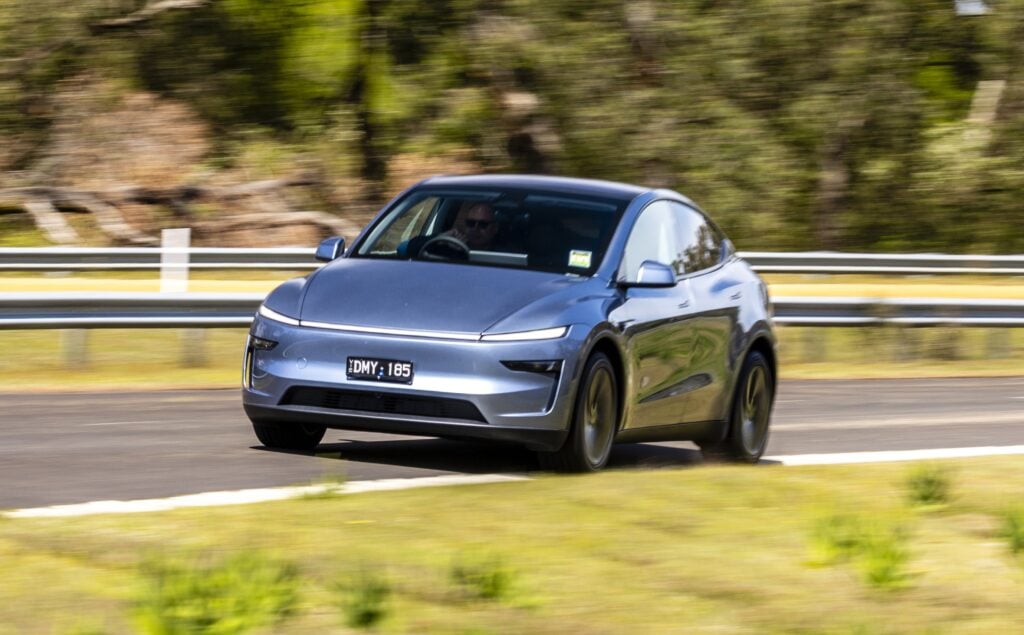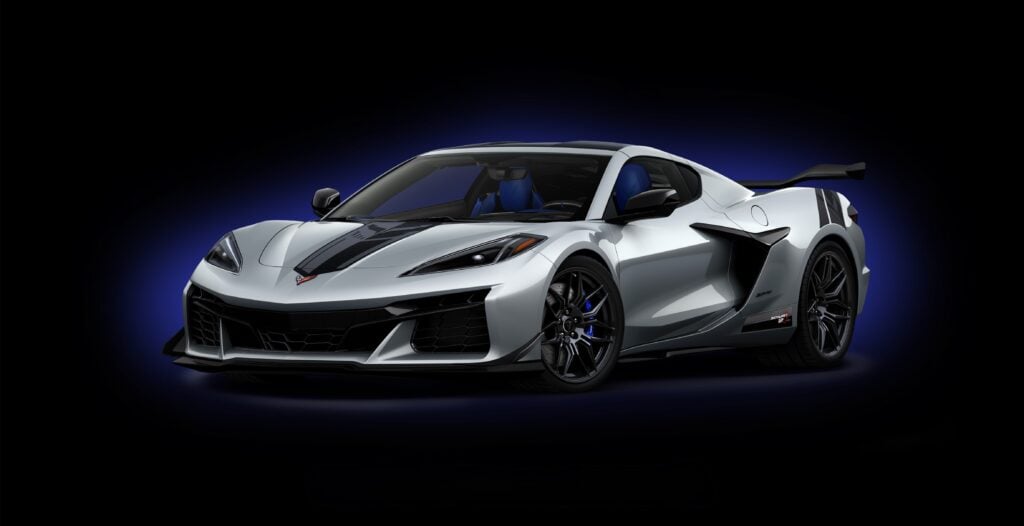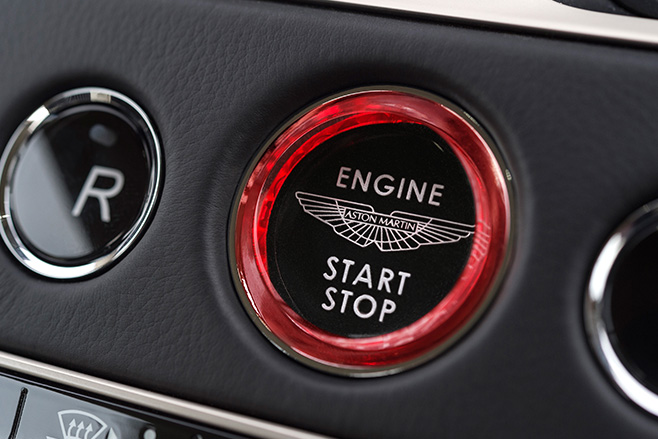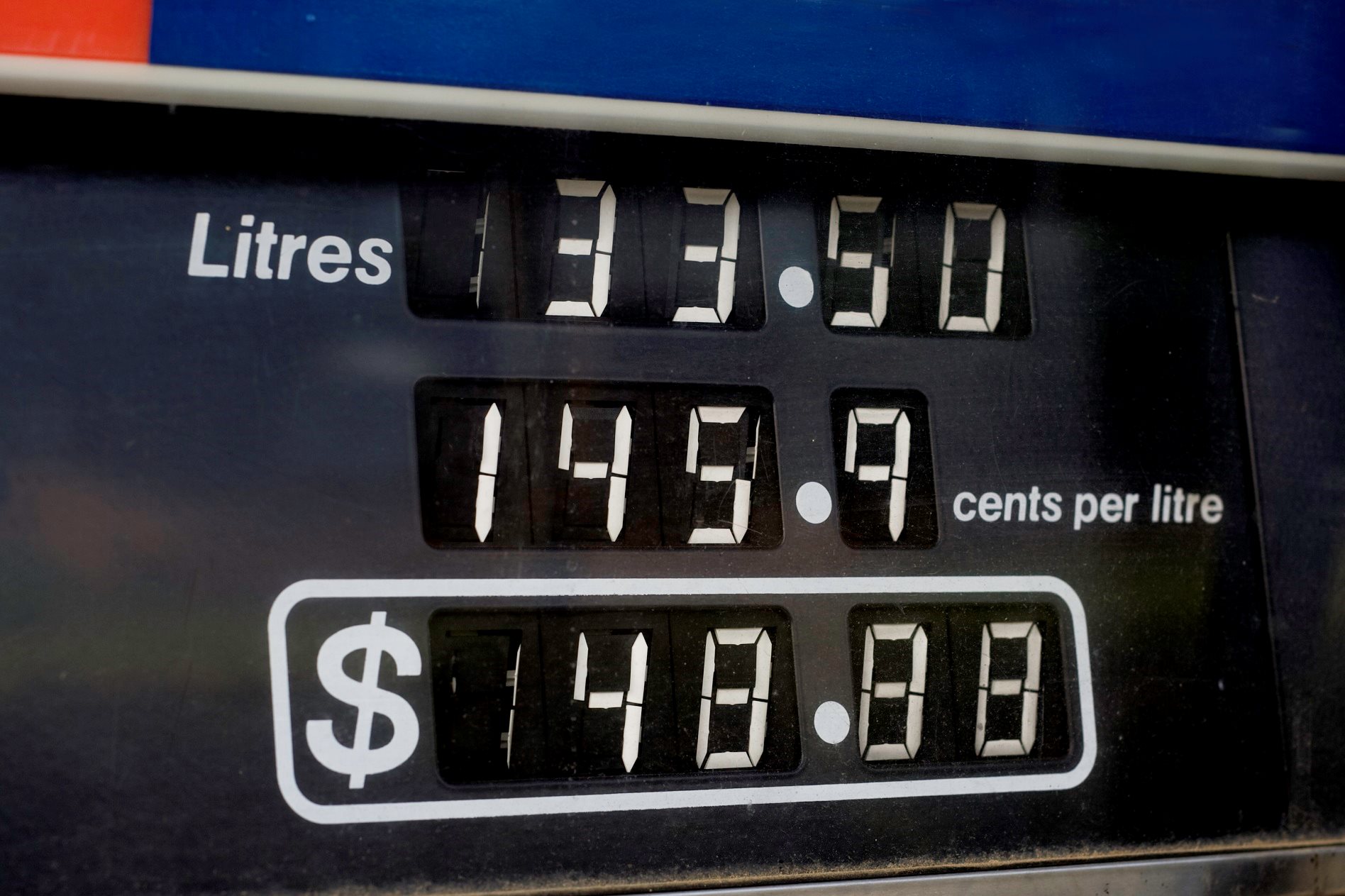
A bold proposal from the Australian Automotive Association (AAA) suggests that the federal government’s fuel excise tax should be abolished in favour of a user-pays system that, in part, is designed to future-proof revenues against electric vehicles.
This could push fuel prices to all-time lows… but there’s a catch.
Currently, a fuel excise of 41.2c per litre contributes to a $12.4 billion windfall each year from Australian motorists, according to the AAA’s chief executive, Michael Bradley.
“As revenue raising goes, fuel excise must be Treasury’s golden child,” he says. “It’s unavoidable for most of Australia’s 16 million motorists and invisible to all. Federal law dictates your next fuel receipt will detail the GST you’ve paid, but you won’t see fuel excise’s far greater contribution.
“A hard conversation is due.”
As well, the body also targets vehicle tariffs and the Luxury Car Tax in its policy platform, pushing for the final five per cent tariff figure on cars like Peugeot, Renault and Land Rover, as well as some vehicles within the model ranges of Mercedes-Benz and Volkswagen, to be abolished.
Approximately 140,000 private vehicle sales were subject to the tariff in 2017 – though some 800,000 – including top sellers like the Toyota HiLux and Corolla (below), the Ford Ranger and Mazda 3 – were not.
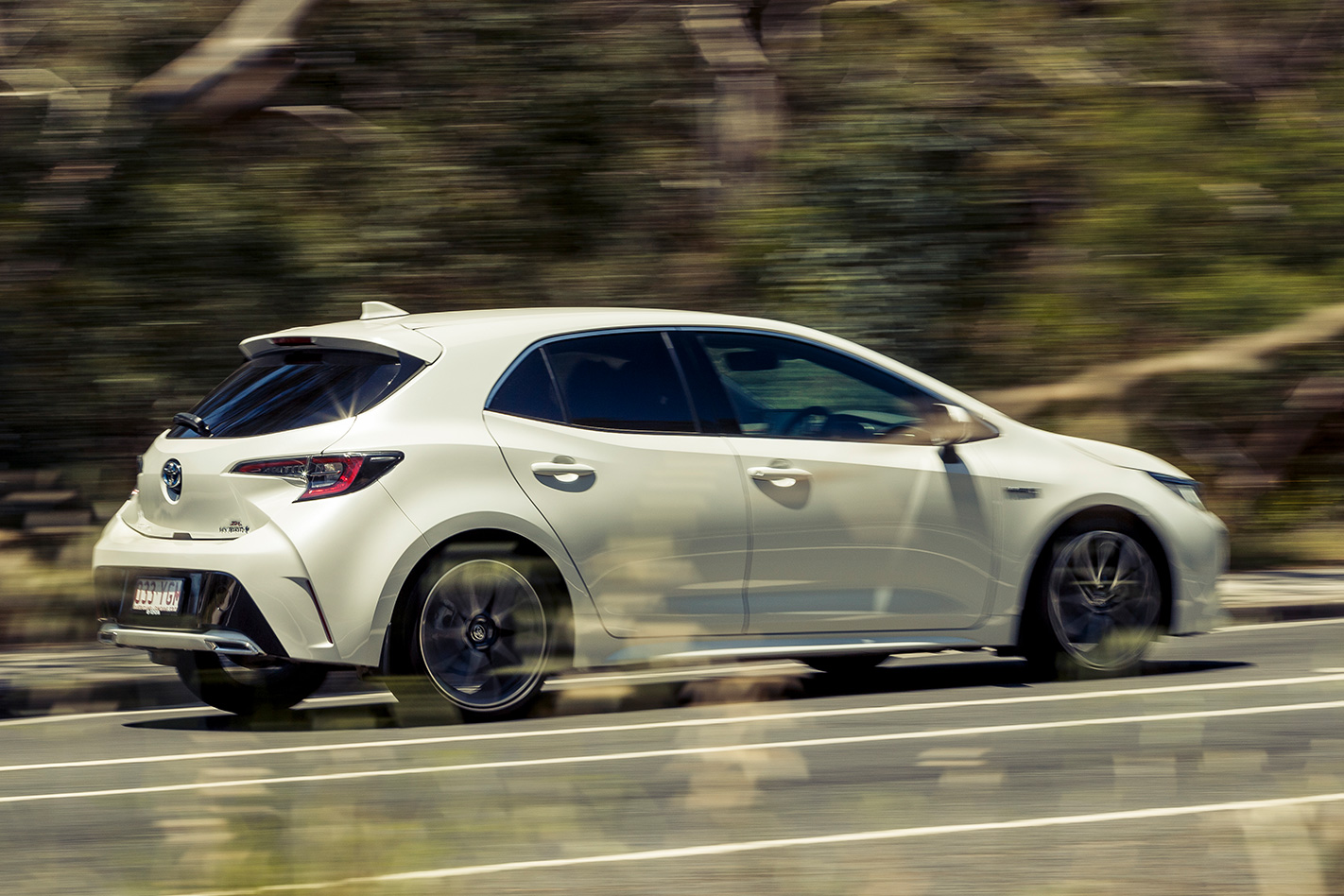
The AAA has issued a policy platform encouraging the current government to consider a new transport ‘white paper’ that examines more thoroughly the issues affecting road users today.
Amongst a raft of proposals is one to eliminate the fuel excise and replace it with a road user-pays system.
“Under the existing fuel excise system, drivers of older or larger vehicles that use more fuel pay more per kilometre to use the same stretch of road as drivers of newer, smaller, more fuel-efficient vehicles,” reads the paper.
“Meanwhile, as technology changes, ultra-low fuel consumption/non-internal combustion engine vehicles can use the road network at no cost, as they are outside the fuel excise system.”
The AAA acknowledges, though, that the current low rates of EV take-up – around 100 ‘pure’ EVs were sold in 2018, against an industry total of 1.1 million – will mean that any such proposal should be rolled out over a number of years.
Luxury Car Tax
Along with the tariff issue, the AAA is also calling upon the government to abolish the Luxury Car Tax (LCT), which has been in place since the introduction of the GST in 1999. However, the tax, which has been modified to give more fuel-efficient cars a tax break, is part of a wider discussion around the establishment of free trade deals with Europe.
“Transport investment is good economics, but we can’t simply invest on an ad hoc basis,” said Mr Bradley. “The development and management of our national transport system are today fragmented and unfocused and until we rectify this, consumers will continue to face longer commutes, higher costs, and a less safe network.”
The biggest issue of all for all of this, of course, is the current state of federal politics. With a federal election due in the next couple of months, the AAA will potentially need to engage with a different group of politicians to move forward.
WhichCar understands, though, that members of the federal opposition are already proactively engaging with automotive companies around issues like charging network implementation and EV purchasing for public service fleets.


